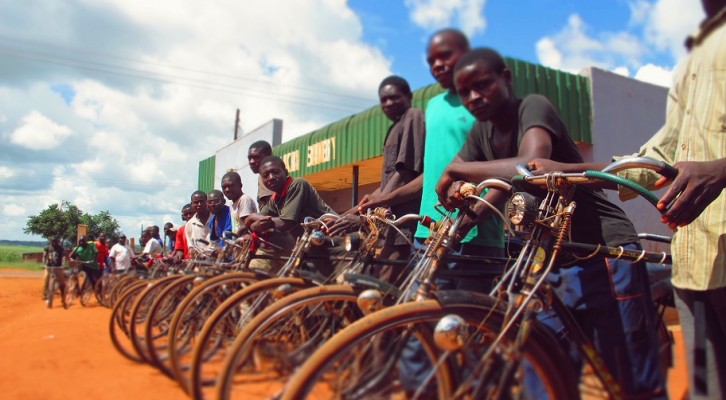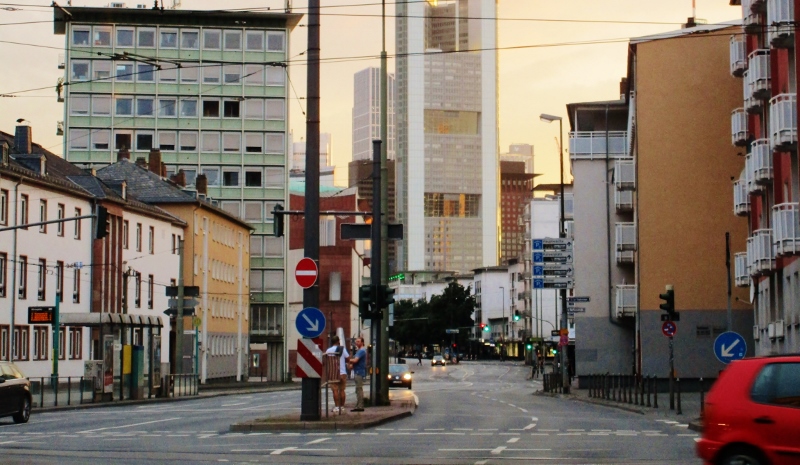Lilongwe, Malawi is a pain to get around. Public transport is lacking, so unless you have your own wheels, your options are walking or turning to the informal sector. Within the latter, kabazas are one of the options.
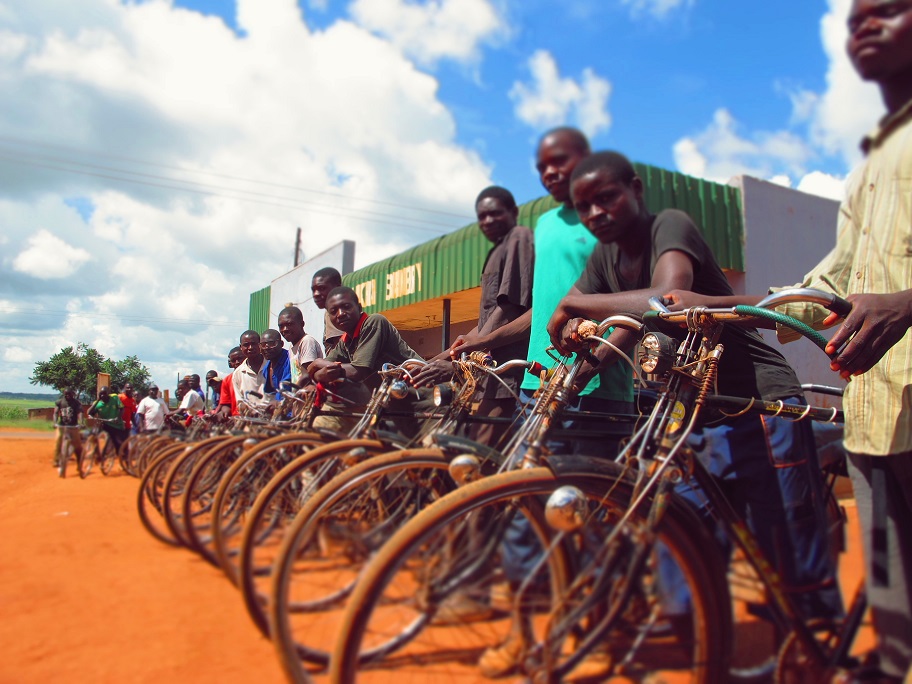
Waiting at the Kabaza Station (Photo: Nora Lindström)
Kabazas are bicycle taxis that operate in most areas of the city, serving a mixed clientele. They are operated by young men who rent the bicycles on a semi-permanent basis, paying either daily or weekly fees to the owner of the bicycle. The bikes are rented because at around $100 a pop, as new bikes are generally unaffordable to operators themselves. Kabazas transport customers on a cushioned seat at the back of the bike for a small fee depending on the distance travelled and the gradient of the route (going uphill is more expensive). They are territorial; many have organised into associations both for their own and their customers’ benefit and safety.
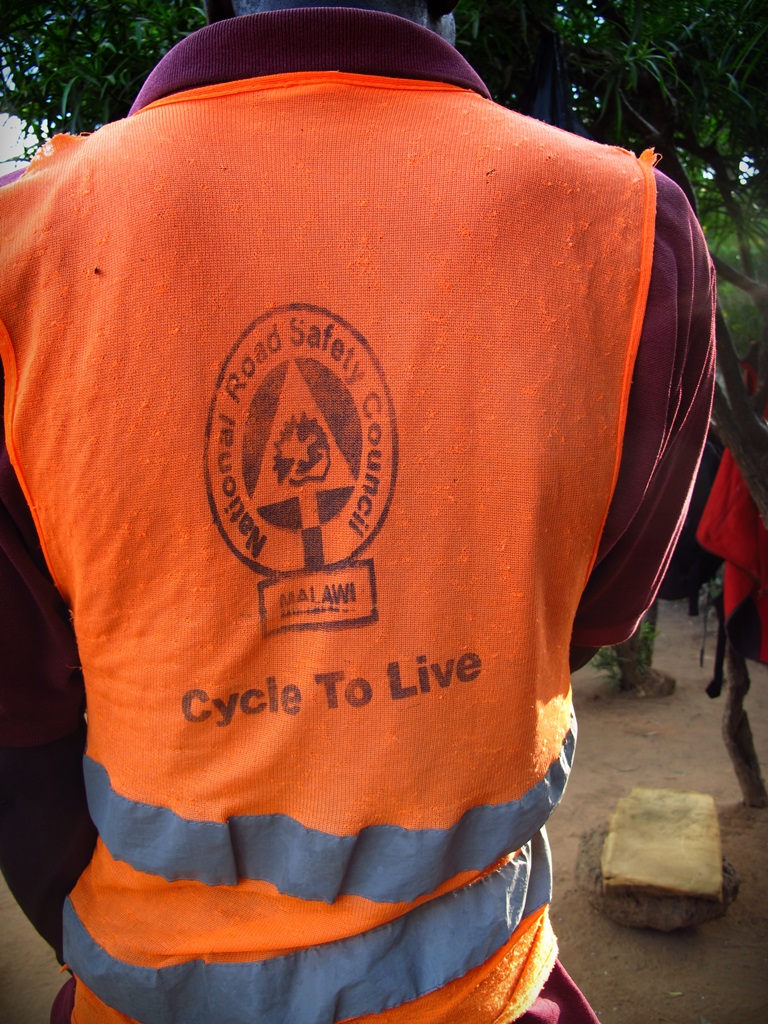
Cycling on the Rise (Photo: Nora Lindström)
Martin Kaswya Zimba is the former Chairman of Trustees of the Chinsapo Bicycle Association, based in one of the city’s larger informal settlements from which it derives its name. He explains that each kabaza in the association has a unique number visible on the back of the bike. The number serves as security for passengers – should the driver not behave properly, the customer can report him to the association. Being a member of the association is beneficial for the driver as well – it guarantees a spot at the kabaza ‘station’ and a place on the customer rota, which means the driver won’t have to fight other drivers for a customer, instead just wait for his turn (and it is he – while Zimba maintains the association is open to female drivers, he says none have to date come forward). Drivers have to pay 500 kwacha ($1.25) per month to be a member of the association, which goes into a joint savings scheme as well as to pay for the association’s office and secretary. Should anything happen to the driver – whether to himself or a member of his family – he can count on the association to make a significant contribution to the expenses. Not that accidents are very common, or at least that’s what Zimba claims. Still, he would prefer it someone if was to provide the drivers with helmets and reflectors.

A Kabaza Operator Ready to Drive (Photo: Nora Lindström)
Accidents or not, working as a kabaza is not easy. Carrying another person up and down Lilongwe’s hills takes some effort. “You try it,” says Kleft. He’s been working as a kabaza in the capital’s high-end residential Area 3 since he was 19, seven years ago. Not that he lives there – his home is in Chinsapo. Kleft became a kabaza because there was no other employment around. He didn’t finish school because of school fees. He rents his bicycle from the owner for 3,000 kwacha ($7.50) per week, and pays for any maintenance himself. “I keep doing this, because I’m profiting,” he says. Still, the working hours can be grueling – from as early as 4 AM to as late as 7 PM, way past sun down. “I can earn up to 2,000 kwacha ($5) per day,” he says. That goes towards paying rent, kids’ school fees, food, and general necessities. It’s barely enough. “What I really want is a motorbike,” he says. “But in the meantime, a proper shelter at our station, a toilet, and access to water would be good.”
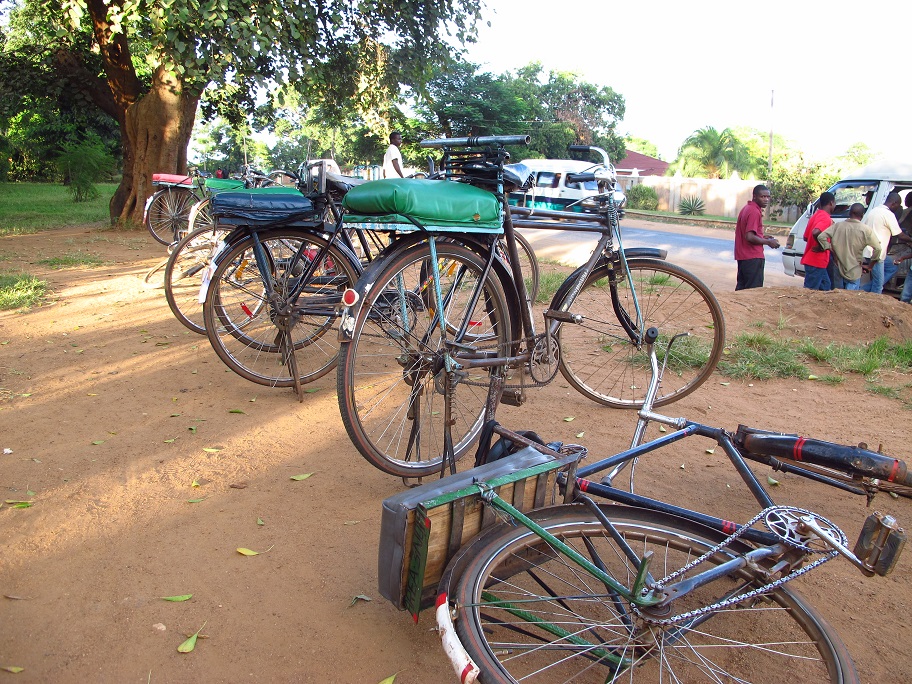
Need a Comfortable Seat? (Photo: Nora Lindström)
Joyce Banda, the current President of Malawi who is up for re-election this year, has promised thousands of motorbikes will be distributed to people like Kleft in the coming months through her personal foundation. To date, however, he and his fellow kabazas in Lilongwe have seen nothing of the kind (though they still have hope). The elections are on May 20th.

